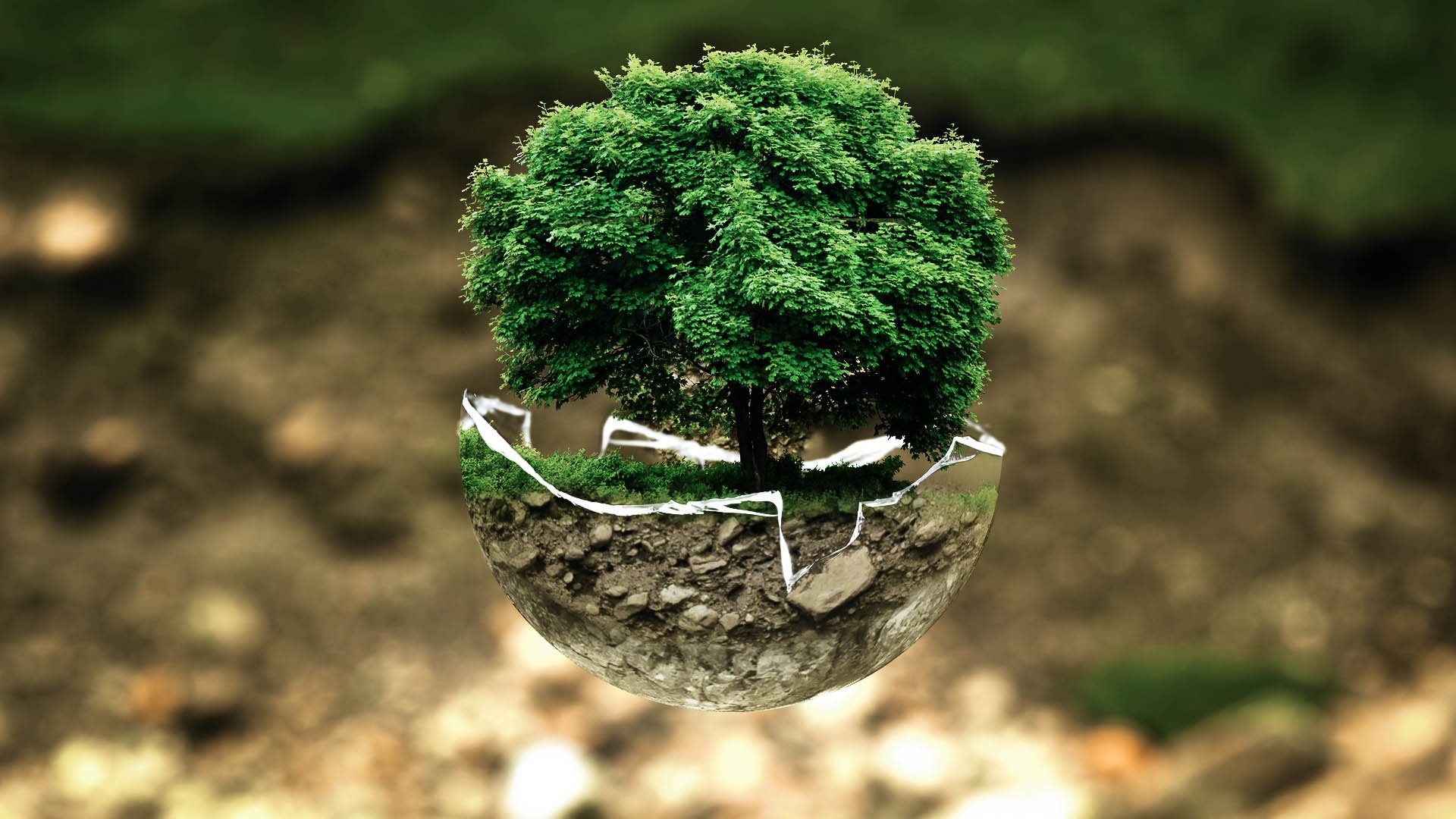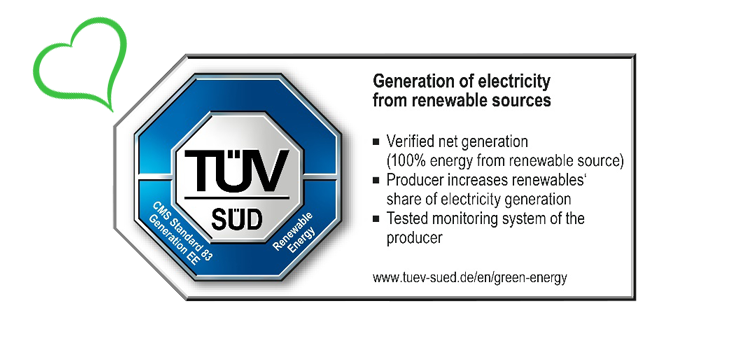The Green New Deal and new European policies to encourage lower CO2 emissions from industries have also had an impact on the ceramics sector.
Prior to the pandemic, some measures had in fact been conceived, which stipulated that, starting Jan. 1, certain high-demand sectors exposed to competition from less environmentally "lenient" countries (such as Asia) will not be able to be helped. Among the sectors affected by the loss of the anti-competition subsidy was also the ceramics sector.
Confindustria Ceramics President Giovanni Savorani outlined his misgivings about the maneuver, arguing that with these rules "the most efficient would be punished doubly because they have invested to reduce emissions and today they have to suffer this sort of tax."
The ceramic industry's green investments
According to the latest estimates, the made-in-Italy ceramic tile industry has invested up to 10 percent of annual turnover in 4.0 technologies and green processes over the past five years. Of these, more than 2.5 billion euros have directly affected the tile sector.
The investment was expected to be recouped within a few years but, in the meantime, the Covid emergency has complicated the picture considerably, with an estimated loss of about 350 million euros. The EU measures were designed well before the pandemic and do not take into account the current picture of the situation.
After a complicated 2019 and a disastrous 2020 with a still uncertain future, the sector faces possible new taxation. This is an industry that generates
more than 5.3 billion euros in sales each year, 85 percent of which is export. Let's also consider the jobs: there are about 20 thousand people employed in the tile industry alone.
Our commitment to sustainability
We are increasingly attentive to the eco-sustainability of our choices, especially when it comes to plastics. Consumers are increasingly so, but so are businesses, aware of the impact that plastics have on the environment.
Reducing plastic consumption in production cycles has become an increasingly vivid necessity, which is a real priority in Premier.
Therefore, we have designed a way to drastically reduce the input of non-recyclable plastic material into the environment: the introduction on end-of-line machines of satellite tools with a special Velcro attachment and detachment system.
The abrasive tool is glued to a special cloth, on the opposite side of which Velcro is glued. It is coupled with the shock absorber again through velcro, and the whole is joined to the attachment again through the same special velcro.
This system allows only the worn tool to be replaced, while the shock absorber and attachment, which have much longer lifespans, are not replaced along with the worn tool.
Let us also not forget that the satellite tool has a much longer tool life than the same Fckert tool (2.5 times for coarse-grained tools and 2 times for fine-grained tools).
The complete system makes it possible to dramatically reduce the amount of waste plastic material produced annually by end-of-line machines.





